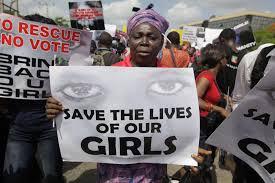 My daughter, Elizabeth Robinson, is studying International Relations at Tufts and will spend this fall with an NGO (“non-governmental organization”) in Jordan working on refugee issues. (Yes, I’m very pleased.) The other day she said to me, “Couldn’t someone hire a private army to rescue those Nigerian girls?”
My daughter, Elizabeth Robinson, is studying International Relations at Tufts and will spend this fall with an NGO (“non-governmental organization”) in Jordan working on refugee issues. (Yes, I’m very pleased.) The other day she said to me, “Couldn’t someone hire a private army to rescue those Nigerian girls?”
Recently here I proposed a “League of Democracies” to legitimately bypass a deadlocked UN on difficult world problems.
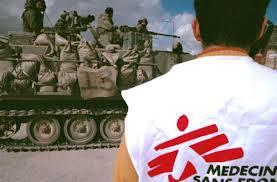
This might sound like a comic book idea – an independent international crime-fighting organization a la The Avengers or Mission Impossible. It might indeed target some gangsters and criminals, but would mainly focus on higher-order problems. While sometimes, nations can and do step up to the plate militarily, as France has creditably done in Mali and Central African Republic, that doesn’t always happen.
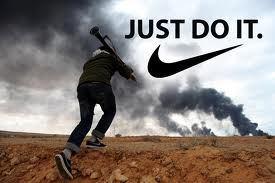
It’s actually not without precedent. A 2004 Equatorial Guinea coup attempt by mercenaries was privately funded. Unfortunately, it was busted and the principals (including Mark Thatcher, Margaret’s son) jailed. I say “unfortunately” because Equatorial Guinea’s dictatorship is one of the world’s vilest. The backers of that effort hoped to recoup their investment somehow through oil concessions; but there’s no reason why similar missions couldn’t have the kinds of disinterested motives that guide numerous conventional NGOs – again like Docs Without Borders.
Such a military organization need not cost a vast amount of money. As my wife chimed in to the conversation, much could be achieved using drones.
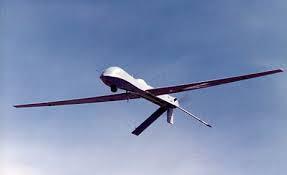
Admittedly, this proposal raises some tricky issues that would need to be carefully thought out. The advantage of an NGO model here is that, without accountability to national governments with all their political and legal constraints, etc., it would have far greater freedom of action. But on the other hand, choosing missions would be very fraught, and no doubt often vehemently criticized from some political quarters. And as we’ve seen too often, military interventions can be messy, with unintended consequences. Pacifists would condemn any use of force; some would say the whole thing would grossly violate international law, calling it a rogue army pursuing “vigilante justice.”
Maybe so, were there an operative system of international justice, akin to national ones. But there isn’t. The International Criminal Court lacks enforcement means and is handicapped by the same political constraints as the UN (hence no action on the crimes of the century thus far in Syria). Concepts of international law and national sovereignty should not be countenanced to shield atrocities. The UN itself has codified a “Responsibility to Protect” where a national government cannot handle, or is causing, a humanitarian threat. While it may seem disturbing in a philanthropic context to go in with soldiers, not doctors, sometimes only guns can stop bad people using guns.
And in a world where true rogue armies do operate – like, again, Boko Haram, or Joseph Kony’s “Lord’s Resistance Army” in Uganda, of child soldiers brutally dragooned – not to mention national armies that are tools of dictators, perpetrating horrors like Syria’s – I’d welcome an NGO force run by the kinds of people who run Doctors Without Borders or the International Rescue Committee. A respected governing board of “the great and the good” would be important, to maintain serious moral purpose and guard against crackpots and hot-heads.
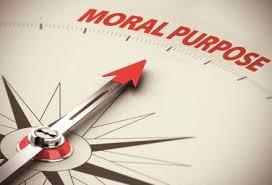
It’s often said that America can’t be the world’s policeman. And it’s at least true that America cannot answer every moral call. We need a “Soldiers Without Borders.” How about another go at Equatorial Guinea?
